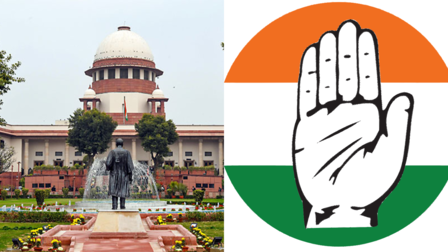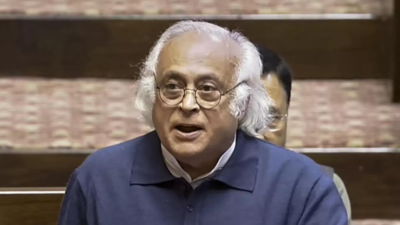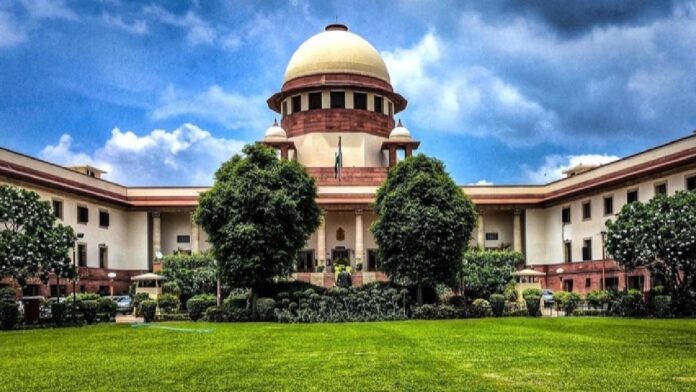The Congress party has filed a writ petition in the Supreme Court challenging the recent amendments to the Conduct of Election Rules, 1961. Senior Congress leader and Rajya Sabha MP Jairam Ramesh accused the Election Commission of making unilateral changes to the rules without adequate public consultation. This move has sparked a fresh political debate over the sanctity and transparency of election reforms in India.
Concerns Raised by Congress
The amendments to the Conduct of Election Rules, 1961, have drawn sharp criticism from the Congress party. According to Jairam Ramesh, the changes allegedly restrict public participation and undermine democratic principles. The Congress has particularly objected to the lack of consultation and transparency in the amendment process.
In a social media post, Ramesh stated, “A writ has just been filed in the Supreme Court challenging the recent amendments to the Conduct of Election Rules, 1961.” He emphasized the need for broader discussions and consensus before implementing any changes to the electoral framework.

Implications of the Amendments
The amendments, as per the Congress, could potentially alter the way elections are conducted in the country. Critics argue that any unilateral changes by the Election Commission could raise questions about its impartiality and the fairness of the electoral process. The lack of public consultation is seen as a significant departure from established practices, leading to apprehensions about the motives behind these amendments.
While the specifics of the amendments remain undisclosed, political analysts suggest that they may include measures impacting voter registration, electoral rolls, or other critical aspects of election management. These changes could have far-reaching implications for the conduct of free and fair elections in India.
Legal Perspective
The Supreme Court’s intervention in this matter is seen as crucial for maintaining the balance between the autonomy of the Election Commission and the democratic rights of the electorate. Legal experts believe that the court’s decision could set a precedent for future amendments to electoral laws.
The Congress party’s plea seeks to ensure that any changes to the election rules are made following due process and with adequate consultation. By challenging the amendments, the party aims to safeguard the democratic fabric of the nation and uphold the principles of transparency and accountability in the electoral process.

Political Reactions
The Congress’s move has elicited mixed reactions from other political parties. While some opposition parties have supported the demand for transparency, ruling party leaders have dismissed the allegations as politically motivated. The Election Commission, on its part, has defended the amendments, asserting that they were made in the interest of improving the electoral process.
What Lies Ahead?
The Supreme Court’s hearing on this matter is expected to shed light on the constitutionality of the amendments and their implications for India’s democratic framework. The case underscores the need for a transparent and consultative approach in making changes to electoral laws, ensuring that all stakeholders, including the public, have a say in the process.
The Congress’s petition reflects a broader concern about preserving the integrity of India’s democratic institutions. As the case unfolds, it will be closely watched by political leaders, legal experts, and citizens alike, given its potential impact on future elections.

